In February 1945 in the midst of World War II, a group of men in their teens active players as well as students, and people who were members of the Serbian United Antifascist Youth League formed an organization called the Youth Physical Culture Society, that would change into Red Star Belgrade on 4 March. Prior to that, in November 1944, the prewar Serbian clubs were dissolved, and on May 5, 1945, the secretary of communist Sports Mitra Mitrovic-Djilas ratified the decree that officially dissolved all pre-war clubs in the territory of Socialist Republic of Serbia. The clubs were dismissed because , during the German occupation the Serbian government attempted to create a league in which all the clubs were considered as collaborators by Josip the communist government of Broz Tito.
Red Star was the name that Red Star was assigned after lengthy discussion. Other suggestions that were shortlisted by members comprised "People's Star", "Blue Star", "Proleter", "Stalin", "Lenin", and so on. The first vice-presidents from the Sport Society - Zoran Zujovic and Slobodan Cosic were the first to assign the idea. Red Star was soon adopted as an emblem of Serbian nationalism in Yugoslavia and also a sports institution that remains the nation's most admired to this day. The day that Red Star was founded, Red Star played the first football game in the history of the club in The First Battalion of the Second Brigade of KNOJ (People's Defence Corps of Yugoslavia) and was able to win 3-1.
The Red Star's first success was little steps to be recognized. Within the first 15 years of its existence, Red Star won one Serbian championship as well as six Yugoslav championships as well as five Yugoslav Cups, one Danube Cup and advanced to the semi-finals of 1956-57 European Cup. Some of the most outstanding players in this time included Kosta Tomasevic Branko Stankovic Rajko Mitic, Vladimir Beara, Bora Kostic, Vladica Popovic, Vladimir Durkovic and Dragoslav Sekularac. They were the champions. Red Star were Yugoslavia's entry into the 1958-59 European Cup where they were famously defeated 5-4 on aggregate against English winners Manchester United in the quarter-finals. Manchester United, managed by Matt Busby defeated Red Star with a 2-1 win in the first match in England and then drew 3-3 with the team in Yugoslavia for the second leg on February 5, on the JNA Stadium. The second game is significant as the last game of players of the Busby Babes: on the return flight back to England the next day the plane was destroyed in Munich and resulted in the deaths of 23 persons which included the eight Manchester United players.
In the Miljan Miljanic period, Red Star won four Yugoslav championships and three Yugoslav cups and two Yugoslav supercups and two Yugoslav league cupand and one Mitropa Cup and reached the semi-finals of the 1970-71 European Cup. An entirely new group of athletes came to prominence under Miljanic's direction under the leadership of Dragan Dzajic, and Jovan Acimovic. Red Star eliminated Liverpool in the second round of the 1973-74 European Cup and Real Madrid in the quarter-finals of 1974-1975 European Cup Winners' Cup. Branko Stankovic's tenure as head coach would end in four years, earned Red Star three trophies and the first major European final. After defeating teams like Arsenal, West Bromwich Albion and Hertha BSC, Red Star played for the first time in an appearance in the UEFA Cup final. The final was played in the stadium of Borussia Monchengladbach. Red Star met Borussia Monchengladbach which was a team that participated in five European finals between 1973 and 1980. The Germans lost one goal by Milos Sestic, however Ivan Jurisic's goal gave Gladbach an advantage in psychological terms prior to the second match. The match was played in the Rheinstadion in Dusseldorf and there was a controversy over the Italian arbitrator Alberto Michelotti gave a questionable penalty to the Germans as well as it was the Danish forward Allan Simonsen sealed Red Star's fate. The Foals prevailed 2-1 in all-in.
Following the 1970s, historic match with Udo Lattek's Barcelona were played in the European Cup Winners' 1982-83 Cup. In both games, Barcelona were the better team and Red Star was eliminated. Incredibly, when Barcelona's Diego Maradona scored his second goal in front of around 100,000 people at the Marakana The Belgrade fans were so ecstatic over the goal that the faithful Belgrade supporters embraced Maradona's goal. Gojko Zec returned to the team in 1983, spotting only one player of the champions generation the team he was coaching to 1977. Milos Sestic. Zec also repeated the team's success during his previous tenure with the club's first championship following his return. Zec was later to leave the club after a controversial Sajber's case-like scandal, which resulted from irregularities during the 1985-86 season.
After Zec was dismissed the club in 1986, it saw major changes to the club. The club's management is led by Dragan Dzajic and Vladimir Cvetkovic, began to create a team capable of competing with the strongest European teams. The summer before, Velibor Vasovic became coach and the team was strengthened by the acquisition of a variety of young talents who, in particular, Dragan Stojkovic as well as Borislav Cvetkovic were the most notable. In the very first season, which was dominated by penalty points Red Star focused on the European Cup and achieving good results. The year 1987 saw the introduction of a five-year strategy was formulated by the club, with the primary goal of be the winner of the European Cup. The plan was realized. When the club's birthday was celebrated in 1987, the season began. Real Madrid were defeated at the Marakana. From that point until February 1992 Red Star enjoyed the most successful time of its history. Through these 5 seasons Red Star won four National Championships; in the final year of glory, the team was victorious in its first European Cup Final, played in Bari, Italy.
Red Star coach Ljupko Petrovic sent his team into Italy just a week before the final to calmly train the players ahead of their upcoming game against Marseille. At that point, Red Star had 18 goals in eight games, while the French champions had scored 20. Thus the 100th European final that was to be played to be an exciting display of offense. But the two teams, Petrovic along with Raymond Goethals opted for defence and the match slipped to a battle of attrition. After a 120-minute game with only a handful of chances for either side of the pitch, the game was decided by a penalty shootout. After several hours of intense penalties one Marseille player, Manuel Amoros, missed an opportunity to score a penalty. Darko Pancev scored his penalty to win an historic European Cup to Yugoslavia for the first time. Red Star won the shootout 5-3 on 29 May 1991 in front thousands of spectators as well as the millions who watched on television across the globe. Twenty thousand Red Star fans at the Stadio San Nicola, and millions of fans across Yugoslavia and all over the world celebrated the greatest moment in the history of Red Star. Red Star went unbeaten at the 1990-91 European Cup in Bari and the 1991 Intercontinental Cup in Tokyo.
The 1992 season saw the team was hit due to the departure of many players from the generation of champions (new players were also added like Dejan Petkovic as well as Anto Drobnjak). The team's performance in the previous season attracted the interest of European giants who rushed to make attractive offers to sign the best Red Star players. Furthermore, Red Star had to defend the continental trophy by playing its home matches within Szeged, Budapest and Sofia because of the war in the former Yugoslavia which reduced their chances of winning the title. UEFA changed the structure of the tournament in 1991 and the 1991-92 European Cup was the first to be played with two groups with four teams. Despite the drawbacks of playing home matches abroad, Red Star still did very well and came in second place in the group, just behind Sampdoria. In the domestic league, major opponents Hajduk Split and Dinamo Zagreb were eliminated from the league, like others of Croatia, Macedonia and Slovenia did. The final tournament in Yugoslavia which was reduced in size took place in the midst of observing of rules at the time of the start of Bosnian War. In May, at the end of the month it was announced that the United Nations had the country under sanctions and removed Yugoslav soccer off the world stage. It was the Breakup of Yugoslavia, the Yugoslav Wars, the inflation and the UN sanctions have struck Red Star hard. Between May 1992 until May 2000, just one championship win could be celebrated in the Marakana. They did manage to claim five cups and also a few spectacular European performances like the famous 1996 winner of the UEFA Cup Winners Showdown in the 'Cup against the Barcelona team that featured Ronaldo along with Hristo Stoichkov.
Following that the NATO bombardment of Yugoslavia was over, Red Star won the 17th time in the history of the cup by beating 4-2 Partizan. Two years after that, the club came back in the European spotlight when it made an appearance in the 2001-02 UEFA Champions League qualifying rounds in which Red Star was eliminated by Bayer Leverkusen (0-0 and 0-3) that would later become a finalist in the Champions League that year. Slavoljub Muslin was dropped from the squad in September 2001, following the team's subsequent seasons were more unstable.



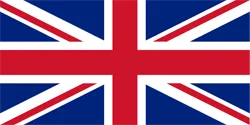 ENG
ENG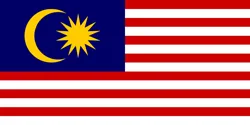 MYS
MYS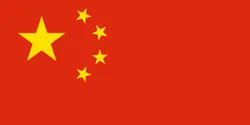 简体中文
简体中文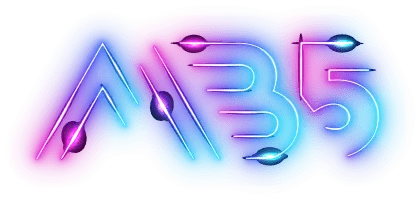




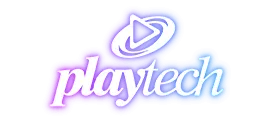
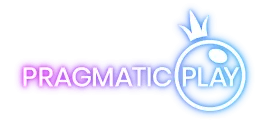









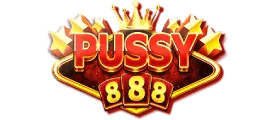
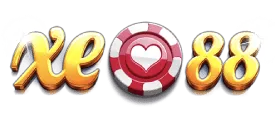
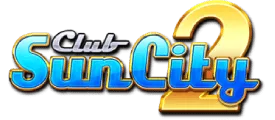
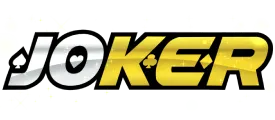
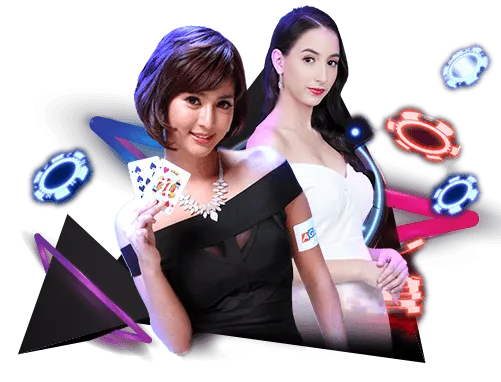
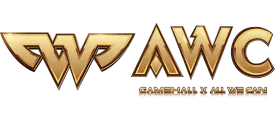
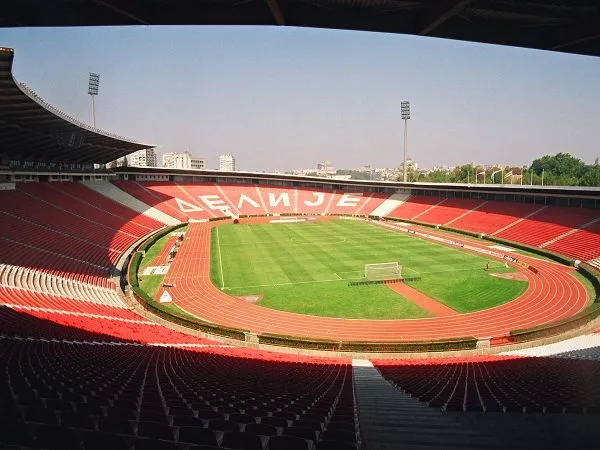
 Kosta Tomašević
Kosta Tomašević Anto Drobnjak
Anto Drobnjak Nenad Jestrović
Nenad Jestrović Hugo Vieira (2016)
Hugo Vieira (2016) Marko
Marko  Darko PanÄev (2003)
Darko PanÄev (2003) Ben
Ben Club Brugge
Club Brugge Basel
Basel

 Marseille 0–0 in Bari, 5–3 pen.
Marseille 0–0 in Bari, 5–3 pen.
 Manchester United 1–2 in Manchester, 3–3 in Belgrade
Manchester United 1–2 in Manchester, 3–3 in Belgrade Atlético Madrid 0–2 in Belgrade, 0–0 in Madrid
Atlético Madrid 0–2 in Belgrade, 0–0 in Madrid Ferencváros 1–2 in Budapest, 2–2 in Belgrade
Ferencváros 1–2 in Budapest, 2–2 in Belgrade Dynamo Moscow 1–2 in Belgrade, 1–1 in Moscow
Dynamo Moscow 1–2 in Belgrade, 1–1 in Moscow Colo-Colo 3–0 in Tokyo
Colo-Colo 3–0 in Tokyo Rudá HvÄ›zda Brno 4–1 in Belgrade, 3–2 in Brno
Rudá HvÄ›zda Brno 4–1 in Belgrade, 3–2 in Brno Vasas 1–3 in Budapest, 2–3 in Belgrade
Vasas 1–3 in Budapest, 2–3 in Belgrade MNE
MNE GAB
GAB GHA
GHA AUT
AUT GEO
GEO ZAM
ZAM RUS
RUS CIV
CIV MLI
MLI CAN
CAN Zoran Popović
Zoran Popović Domžale until the end of the 2022–23 season)
Domžale until the end of the 2022–23 season)
 BIH
BIH
 Poya Asbaghi
Poya Asbaghi Boško Gjurovski (2007)
Boško Gjurovski (2007) Siniša Gogić (caretaker) (2009)
Siniša Gogić (caretaker) (2009) Robert ProsineÄki (2010–12)
Robert ProsineÄki (2010–12) ROU
ROU Luis Ibáñez
Luis Ibáñez
 Lorenzo Ebecilio
Lorenzo Ebecilio Abiola Dauda
Abiola Dauda Cadú
Cadú
 Ibrahima Gueye
Ibrahima Gueye
 Segundo Castillo
Segundo Castillo Mitchell Donald
Mitchell Donald